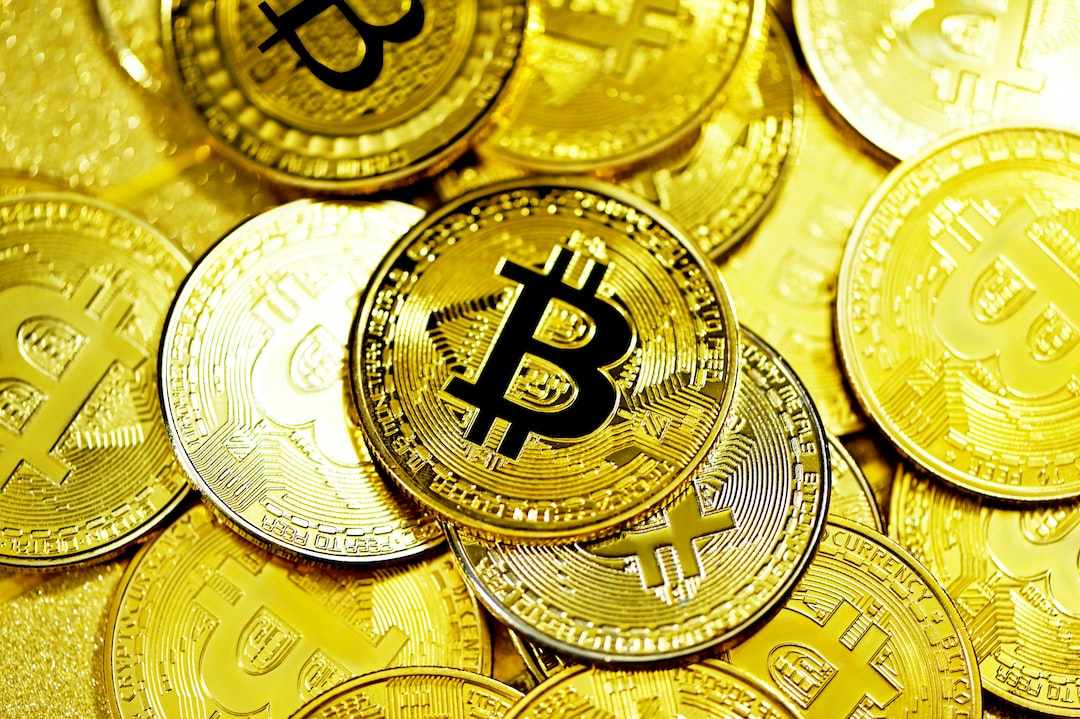Discrepancies in BRC-20 ORDI Balances on Binance
An X user recently discovered inconsistencies in Binance’s BRC-20 ORDI balances due to inconsistent indexing. The UniSat indexer shows that Binance holds 7.239 million ORDI, while the Ordiscan index reflects a holding of only 2.293 million ORDI, resulting in a difference of approximately five million tokens.
BRC-20 Tokens and the Ordinals Protocol
BRC-20 ORDI is an experimental token built on the Ordinals protocol. This token standard allows for the creation of fungible tokens on Bitcoin using satoshis. Unlike ERC-20 tokens on Ethereum, BRC-20 tokens do not use smart contracts and offer limited functionality.
Dumpster_DAO uncovered this issue and raised concerns about the varying balance reports from indexers. They noted that exchanges like OKX and Bybit rely on UniSat data, while Binance uses Ordiscan data. This discrepancy in indexing methods poses risks to ORDI assets.
Binance and UniSat Respond to the Situation
Binance responded to the concerns by stating that they use the UniSat indexer and explained that the discrepancies may be due to differences in how small digits are treated by the indexers. They reassured users that their funds are safe.
UniSat Wallet also addressed the community’s concerns, confirming that their indexer is fully compatible with the latest BRC-20 standard and has been reliable since its introduction in March.
Hot Take: Uncertainty Over 5 Million ORDI Discrepancy in BRC-20 Token Balances
The recent discrepancies in BRC-20 ORDI balances on Binance have raised questions about the reliability of indexers and the safety of user assets. While Binance and UniSat have responded to the situation, concerns remain about the inconsistent reporting of token balances. It is crucial for users to monitor their balances and seek clarification from exchanges when discrepancies arise. This incident highlights the importance of accurate indexing and transparency in the crypto industry to ensure the trust and confidence of users.





 By
By
 By
By
 By
By
 By
By

 By
By